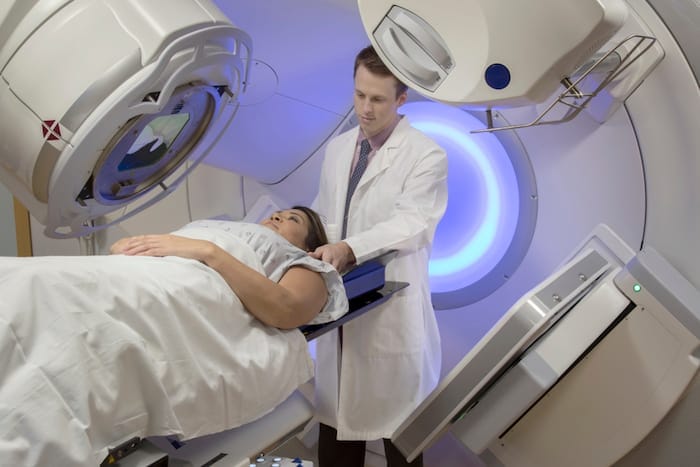Every surgery involves many risks. There are hundreds of things that can go wrong. It is a very sophisticated and complex procedure. Hygiene is a huge issue for every doctor or a surgeon who operates on patients. Keeping the area of the surgery, all the apparatus and himself/herself clean is extremely important. Science and technology have been regularly helping the hygiene situation for medical procedures for a while now. Many techniques and simple protocols now exist to ensure proper hygiene during surgery. Let’s have a look at a few of them.
Scrubs
Clothes can carry a lot of infections and microbes. Doctors need to make sure that the clothes they are wearing during the surgery are not contaminated in any way. So to achieve a level of hygiene and germ protection, doctors wear ‘scrubs’. These are simple clothes that doctors wear which have minimum surface creases and holes to decrease the surface area for microbes. These suits are cheap and easy to wash. They can either be thrown away or reused after proper washing and sanitizing.
Gloves
Surgical gloves are usually made of latex or nitrile. These gloves are thin enough to ensure that doctors can feel the surface of the area they are operating on and tough enough to ensure safety. The only job of these gloves is to prevent the transmission of disease from the doctor to the patient and vice versa. Since the hands are the most exposed while operating on a patient, gloves are very important in such situations to maintain hygiene.
Equipment sanitization
Apart from the hands of the surgeon, which mostly do not come in direct contact with the area of operation, the medical apparatus and equipment are the things that come into direct contact with the blood and tissue of the patient. The staff has a huge responsibility of keeping medical devices sanitary and sterilized at all times. Surgical equipment like scalpel, scissors, syringes, etc, have the highest probability of spreading infection. Thus modern techniques to coat and sterilize these tools are being widely used by everyone.
Room and bed sanitization
It’s easy to sanitize the equipment used in the surgery but it’s much harder to keep the bed and the operation room sanitized, even though it is equally essential. Spraying sanitizers and other agents to kill infections and microbes is a standard procedure in most hospitals before major intensive surgeries. It is always a good idea to keep the surroundings sanitized to avoid infection in any exposed area of the body.
Bio-waste disposal
A lot of blood and tissue is collected as waste during surgery. Especially during tumor removal, the bio-waste should be disposed of with proper care to avoid the spread of the infection. Bio-waste disposal is taken care of properly by a lot of hospitals but there still are some places where biowaste is not disposed of properly. Syringes and other single time use equipment are also supposed to be carefully disposed to maintain a level of hygiene.
Following the aforementioned steps during, before and after any type of surgery is essential to ensure a hygienic and safe environment. It is the duty of the surgeon and medical staff to make sure that such precautions and protocols are followed every time without fail.






